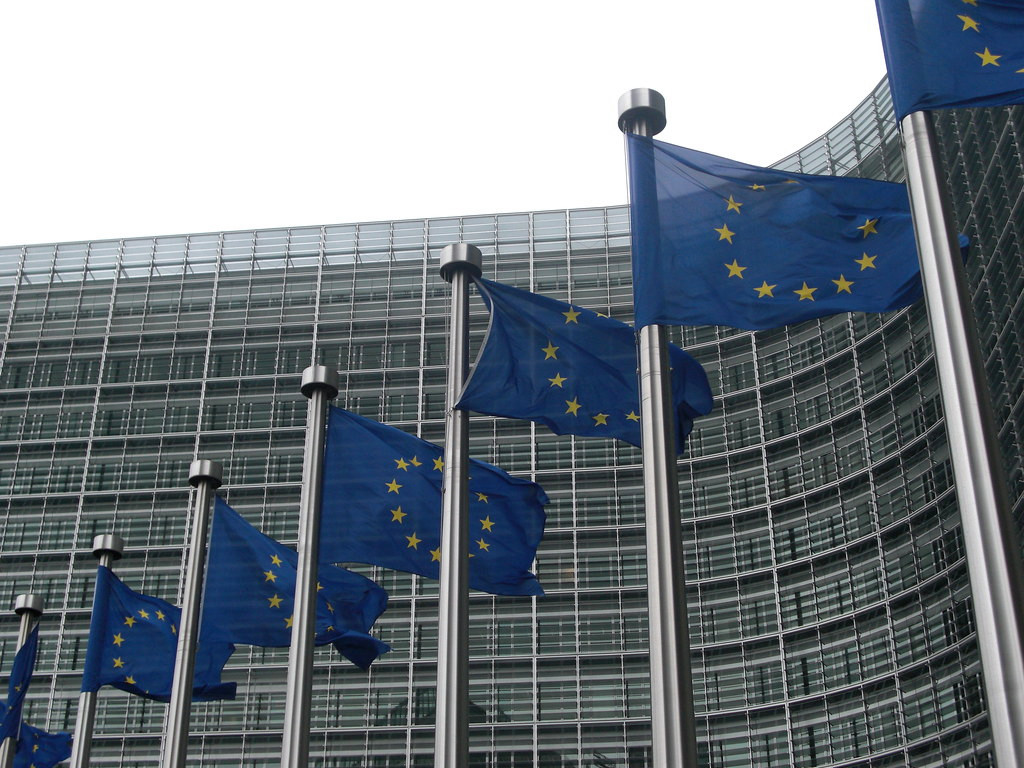
2025: a turning point for Italian digital commerce
According to Netcomm, the past year has led to radical changes in Italian trade, which will inevitably impact 2026 and beyond.
Keep reading...
April 2025

Values being developed for clothing and footwear do not take into account the durability of leather and end up favoring synthetics
On April 9, COTANCE officially announced its withdrawal from the Technical Secretariat (TS) for the definition of the Category Rules on the Environmental Footprint of Apparel and Footwear Products (PEFCR). A decision, that of the European tanning federation, motivated by the fact that the rules the table is developing to calculate the carbon footprint do not take into account the durability parameters of natural materials and end up favoring synthetics.
Despite months of engagement with the TS —presenting fact-based arguments, proposing solutions, and forming a global coalition of natural material stakeholders—COTANCE regrets that no revision was permitted to the default durability values adopted in the Apparel & Footwear PEFCR. They disproportionately impact slow-fashion products made with natural materials—such as leather, wool, and cotton—ultimately encouraging brands to deselect them in favour of less sustainable alternatives.
The COTANCE Board has therefore decided to disengage the European leather industry from the A&F PEFCR.
“We joined this process in good faith to build a fair and science-based environmental framework for fashion – explains Gustavo Gonzalez-Quijano, Secretary-General of COTANCE -. Instead, we’ve witnessed a system that punishes durable, natural materials like leather—exactly the kind of products the circular economy should be encouraging. We cannot stand behind a methodology that promotes fast fashion over long-lasting quality. That said, we remain committed to dialogue and hope to convince the European Commission to review this aspect in the forthcoming revision of the PEFCR.”

According to Netcomm, the past year has led to radical changes in Italian trade, which will inevitably impact 2026 and beyond.
Keep reading...
Data from the Confindustria Fashion Accessories Study Centre for Assopellettieri show negative figures for the third quarter of 2025 as well, albeit with a slight improvement compared to the beginning of the year, which will hopefully turn into a recovery in 2026.
Keep reading...
The new frontier of sustainable footwear combines technological innovation and respect for the environment, transforming paper and wood waste into luxury accessories and circular sneakers.
Keep reading...You must login to read this free content
This content requires a subscription to view. Are you already a subscriber? Sign in